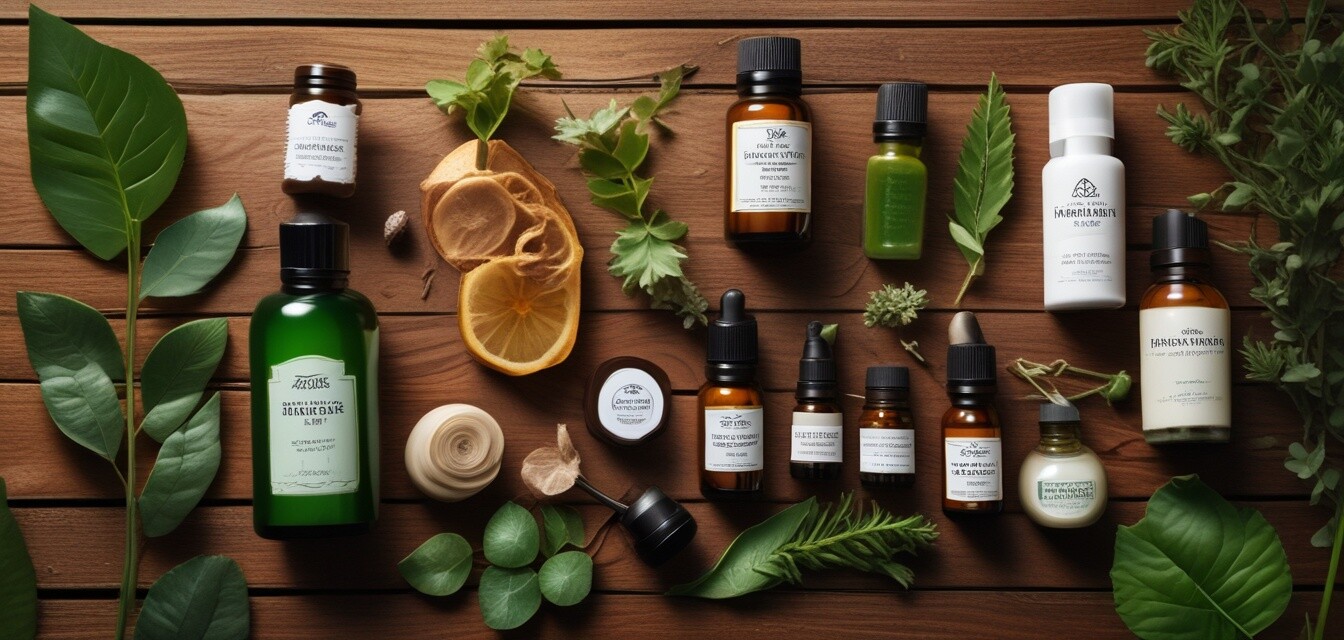
Expert Tips for Creating a Natural Skincare Regimen
Key Takeaways
- Understanding your skin type is essential for selecting the right products.
- Natural ingredients can provide significant benefits without harsh chemicals.
- A consistent routine with gradual adjustments is key to seeing results.
Your skin is your body's largest organ, and it deserves the best care possible. Crafting a natural skincare regimen can enhance your skin’s health and appearance, ensuring it looks fresh and radiant. In this article, experts share their top tips on how to set up a skincare routine that works for you.
Understanding Your Skin Type
The first step in developing an effective skincare regimen is understanding your skin type. This knowledge will guide you in choosing the right products. Here’s a quick breakdown:
| Skin Type | Characteristics | Product Suggestions |
|---|---|---|
| Normal | Balanced, few blemishes, and minimal dryness. | Light moisturizers and gentle cleansers. |
| Oily | Shiny, enlarged pores, prone to acne. | Oil-free moisturizers and exfoliating products. |
| Dry | Flaky, tight, and rough texture. | Rich creams and hydrating serums. |
| Sensitive | Reactive to products, redness and irritation. | Fragrance-free and gentle formulations. |
Choosing Natural Ingredients
Natural ingredients can significantly benefit your skin without the risk of harmful chemicals. Here are some popular options:
- Aloe Vera: Soothes and hydrates skin.
- Coconut Oil: Moisturizes and acts as a natural antibacterial.
- Shea Butter: Nourishes dry skin and provides lasting hydration.
Building Your Skincare Routine
Creating a skincare routine involves consistency, patience, and gradual adjustments. Here’s a simple guide to establish your regimen:
- Cleanser: Choose a gentle cleanser suitable for your skin type.
- Toner: This helps to balance the skin’s pH level.
- Serum: Incorporate a serum with natural ingredients for targeted treatment.
- Moisturizer: Locks in moisture, ensuring hydration throughout the day.
- SPF: Essential for protecting skin against sun damage.
Adjusting Your Routine
Your skin changes based on various factors including season, diet, and age. It’s crucial to regularly assess how your skin responds and adjust your products accordingly. A good strategy to follow is:
- Introduce new products one at a time to monitor reactions.
- Rotate products seasonally; for example, richer creams in winter.
- Consult a skincare professional for personalized advice as needed.
Common Mistakes to Avoid
Even with the best intentions, mistakes can happen in skincare routines. Here are some common pitfalls to avoid:
- Over-exfoliating: This can irritate and damage the skin barrier.
- Neglecting Sunscreen: Protecting against UV damage is vital.
- Ignoring Ingredients: Always check labels and avoid known irritants.
Staying Informed
Staying educated about the latest trends in skincare can help you make well-informed decisions. Consider reading our posts on news and trends and buying guides for more insightful information.
Pros
- Natural ingredients can be gentler on the skin.
- Homemade products can be adapted to specific needs.
- Promotes awareness of what you're applying to your skin.
Cons
- Can sometimes be less effective for severe skin concerns.
- Requires more time and experimentation to find the right products.
- Some natural ingredients may still cause reactions in sensitive skin.
Conclusion
Creating a natural skincare regimen can be rewarding and beneficial to your overall skin health. By understanding your skin, choosing the right products, and maintaining consistency, you can achieve an enlightened approach to skincare. For more expert tips and advice on health and beauty, explore our Expert Tips and Advice section.
